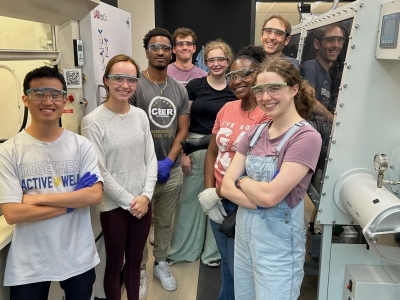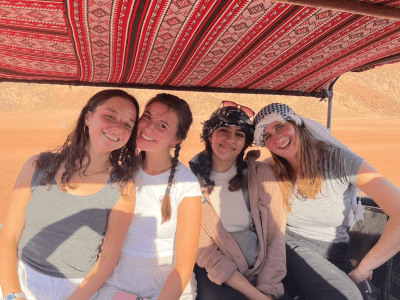Exploratory and Reflective Learning Grants
A Dean Rusk Exploratory and Reflective Learning Grant is defined as the exploration of and reflection on international experiences that enhance academic goals and encourage personal growth.
Applying for the Grant
For this grant, each student is required to complete the following steps:
- Consult with the Dean Rusk office to discuss your project proposal.
- Write a proposal.
- Complete travel grant budget report.
- If applicable, obtain a language proficiency recommender (required where English is not the predominant language in the country for your proposed project).
It is strongly recommended students also obtain a faculty recommendation, but it is NOT required.
Writing Your Proposal
A strong Exploratory and Reflective Learning Grant proposal includes:
- What are the main topics or questions you wish to explore with this project?
- Why does your proposed project need to be conducted internationally and cannot be completed on campus?
- Why must you complete this project at this time?
- Clarify any specifics about why this location, itinerary, accommodation, and method of travel.
- How will the proposed project help you better understand an aspect of yourself or your interests, whether academic or career-related?
- What are your plans for accomplishing this project? Specifically, what will you be doing and how will it facilitate your process of discovery on the grant?
- What preparations will you need to complete before departing to make your proposal successful (e.g., contacting a specific organization to collaborate with)?
- Do you have specific expertise, such as language proficiency or relevant coursework, that will assist you in this project?
- If there is a language barrier to consider, how will you prepare to mitigate it?
- What considerations are important regarding personal and social responsibility while engaging in this project?
- Can you complete the proposed tasks with the requested budget and within the proposed time frame?
- What are your plans for presenting your experience, both on campus and to the broader community, in an accessible way?
- How will personal reflection be highlighted during your project, and how will you connect your experience back to Davidson and/or the classroom?
Deadline
Summer 2025 Exploratory and Reflective Learning Grants application is now open. Application deadline is February 1, 2025.
To start your application, use this link.
Recently Funded Exploratory and Reflective Learning Grants
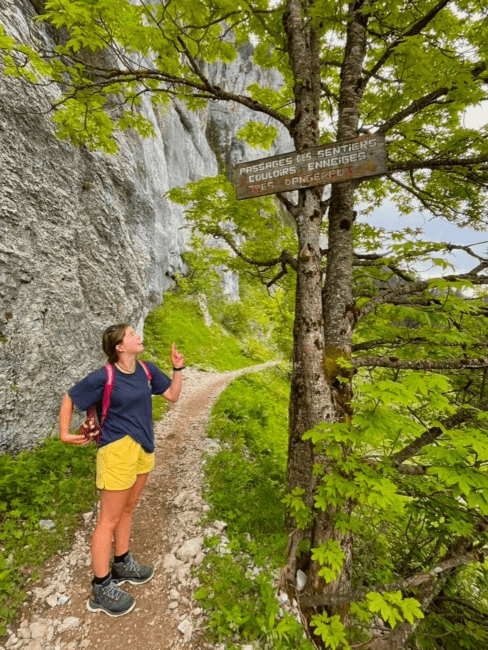
Heidi (Neve) on the Alp: Exploring Family Roots through Dairy Farming and Cheesemaking
Neve Rauscher ‘26 immersed herself in her family's traditional dairy farming and cheesemaking practices in Northern Switzerland, spending nine weeks on two Alps family farms. She learned livestock care, culinary techniques, and alp cheese production firsthand. By studying Swiss and French farming methods, she enhanced her fluency in French and Swiss-German. Neve's exploration of traditional farming practices deepened her understanding of environmental studies, connecting her heritage with sustainable agricultural practices.
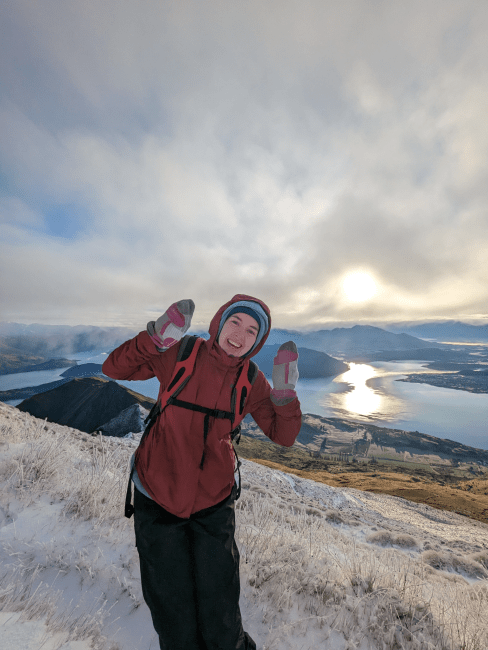
Stimulating Kelp Market Growth in New Zealand: The International Evolution of an Agricultural-Economist Perspective
Erin Price ‘24 interned with NZ Kelp, a company in New Zealand specializing in organic kelp farming for food grade and horticultural purposes. Her role involved harvesting Giant Kelp, mastering its diverse applications, and contributing to social media and promotional content creation. She also conducted informal interviews with the company's founder to explore its growth trajectory. Erin aims to expand the commercial seaweed market as part of her post-graduate pursuits.
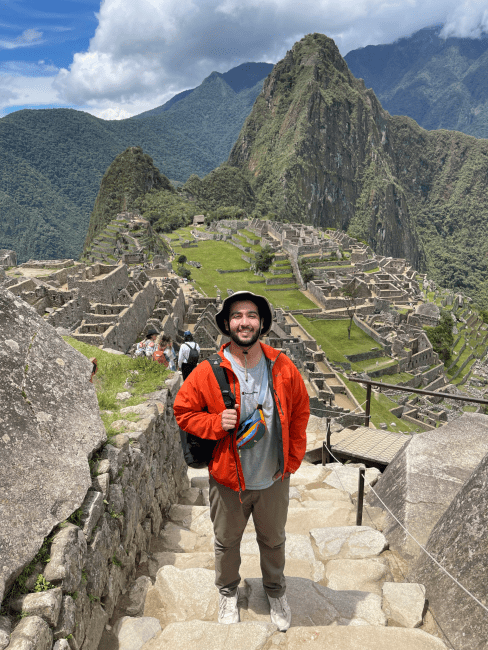
DNA or ADN? Exploring DNA Extraction Methodology and the Role of English in Biology Research in Lima
Ramsey Chaaban ‘24 conducted phytopathology research at Universidad Nacional Agraria la Molina (UNALM) in Lima, Peru. Mentored by Professor Alejandro Llanos, he focused on optimizing Chelex DNA extraction—a cost-effective method for field-collected samples. Ramsey explored language barriers, indigenous knowledge, and lab equipment's impact on scientific publishing at UNALM. He also contributed to the community by teaching introductory Bioinformatics workshops in R and Python in Spanish, and presented on DNA sequencing methods in Genomics.
